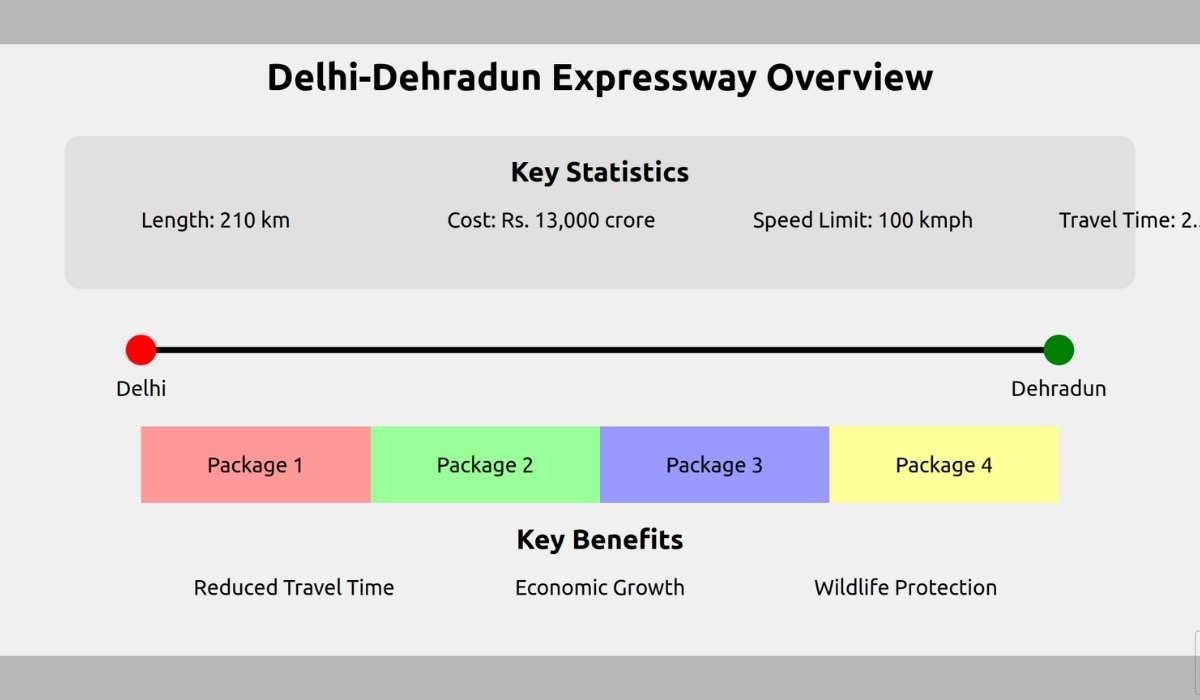The impact of elections on real estate is a critical aspect to consider as the 2024 Indian General Elections approach. As the world’s largest democracy, India is preparing to choose its next leaders, and the anticipation is palpable. With an astounding 97 crore registered voters, 10.5 lakh polling stations, and more than 1.5 crore election officials, this election is set to be the biggest mobilization exercise in the world. As the nation gears up for this monumental event, it is crucial to understand how the impact of elections on real estate can shape the sector’s future and influence various aspects of the property market.
Impact of Elections on Real Estate
- Market Sentiment
- Elections often bring a sense of uncertainty, leading buyers and developers to postpone their decisions.
- Buyers may defer their purchases in anticipation of lucrative offers post-elections.
- Developers may hold off on new launches, awaiting potential incentives from the new government.
- Policy Changes
- The election outcome can significantly influence real estate policies and regulations.
- A stable government with a clear majority can facilitate faster decision-making and policy implementation.
- Reforms such as RERA and GST have already had a positive impact on the real estate sector.
- The new government’s stance on affordable housing, tax incentives, and single-window clearances will shape the market’s future.
- Infrastructure Development
- The elected government’s focus on infrastructure development directly impacts real estate growth.
- Robust infrastructure, such as roads, highways, and public transport, enhances connectivity and boosts property values.
- The current government’s emphasis on infrastructure has led to record-breaking highway construction and improved urban connectivity.
- Economic Growth
- The election outcome can influence the nation’s economic trajectory, affecting real estate investments.
- A stable government that promotes business-friendly policies can attract foreign investments and boost economic growth.
- Increased job creation and rising disposable incomes can drive housing demand and fuel the real estate market.
- Affordable Housing
- Affordable housing has been a key focus area for the current government, with initiatives like the Pradhan Mantri Awas Yojana (PMAY).
- The new government’s commitment to affordable housing will determine the sector’s growth and the availability of budget-friendly options for homebuyers.
Current Real Estate Market Scenario
- Positive Momentum
- Despite the election season, the real estate market has witnessed a positive start to 2024.
- Favorable announcements in the interim budget and GST rate cuts have boosted market sentiment.
- Launches and sales have seen a percentage increase of 27% and 12%, respectively, compared to previous election years.
- Ready-to-Move Inventory
- The market is currently driven by end-users who prefer ready-to-move properties to avoid execution risks.
- Developers are offering lucrative schemes and incentives to attract buyers to ready-to-move inventory.
- The availability of ready-to-move options has contributed to the market’s resilience during the election period.
- Affordable and Mid-Segment Focus
- The affordable and mid-segment housing categories have gained prominence in recent years.
- Developers are focusing on launching projects in these segments to cater to the growing demand from end-users.
- The average unit sizes have shrunk by 22-25% across the top 7 cities, indicating a shift towards compact and affordable homes.
Real Estate and Elections: The Connection
- Policy Stability
- A stable government with a clear mandate can provide policy stability, which is essential for the real estate sector’s growth.
- Consistent policies and regulations create a conducive environment for investments and development.
- Developers and investors seek policy certainty to make long-term decisions and plan their projects effectively.
- Infrastructure Development
- The elected government’s focus on infrastructure development has a direct impact on real estate prices and demand.
- Improved connectivity, roads, and public transport enhance the attractiveness of real estate projects in the surrounding areas.
- Infrastructure development acts as a catalyst for real estate growth, driving price appreciation and attracting investments.
- Job Creation and Economic Growth
- The real estate sector is closely linked to job creation and economic growth.
- A thriving real estate market creates employment opportunities across various sectors, including construction, design, and allied industries.
- Economic growth and job creation lead to increased disposable incomes, enabling more people to invest in real estate and drive housing demand.
- Investor Confidence
- The election outcome can significantly impact investor confidence in the real estate market.
- A stable government with pro-growth policies attracts both domestic and foreign investments into the sector.
- Improved investor sentiment leads to increased funding for real estate projects, fueling development and growth.
- Regulatory Reforms
- The elected government’s approach to regulatory reforms can shape the real estate landscape.
- Streamlining approval processes, implementing single-window clearances, and reducing bureaucratic hurdles can boost the sector’s efficiency.
- Reforms such as RERA have already brought transparency and accountability to the real estate market, benefiting both developers and homebuyers.
Conclusion
The 2024 Indian General Elections hold significant implications for the real estate market. While the election season may bring short-term uncertainties, the long-term impact will be determined by the elected government’s policies, reforms, and focus on economic growth.
As real estate professionals and stakeholders, it is crucial to stay informed about the election outcomes and their potential impact on the sector. By understanding the connection between elections and real estate, we can navigate the market dynamics and make strategic decisions that benefit our investments and projects.
Regardless of the election results, the real estate sector’s fundamentals remain strong, driven by the growing housing demand, urbanization, and the aspirations of millions of Indians. With the right policies, infrastructure development, and economic growth, the real estate market has the potential to thrive and contribute significantly to the nation’s progress.
Elections often lead to uncertainty, causing buyers and developers to postpone their decisions. Many buyers may wait for potentially better offers post-elections, while developers might hold off on new launches in anticipation of incentives from the new government.
The outcome of elections can significantly influence real estate policies and regulations. A stable government can facilitate faster decision-making and implementation of reforms, which can positively impact the real estate sector.
Unlock Your Dream Home Today!
Get personalized real estate insights delivered straight to your inbox.
Infrastructure development, such as roads and public transport, directly impacts real estate growth by enhancing connectivity and boosting property values. A focus on infrastructure by the elected government can catalyze real estate development.
Despite the election season, the real estate market has shown positive momentum in 2024, with significant increases in launches and sales compared to previous election years, supported by favorable budget announcements and GST rate cuts.
Affordable housing has been a key focus for the current government, and the new government's commitment to this sector will determine market growth and the availability of budget-friendly options for homebuyers.
The election outcome can significantly impact investor confidence. A stable government with pro-growth policies tends to attract both domestic and foreign investments, enhancing funding for real estate projects.
Job creation is closely linked to the real estate sector, as a thriving market generates employment opportunities across construction and design sectors. Economic growth and job creation lead to increased disposable incomes, driving housing demand.
In recent years, there has been a growing focus on affordable and mid-segment housing categories, with developers launching projects to cater to increasing demand, often resulting in smaller unit sizes.
The elected government's approach to regulatory reforms can greatly shape the real estate landscape by streamlining approval processes and reducing bureaucratic hurdles, leading to increased efficiency and investment in the sector.
While the elections may introduce short-term uncertainties, the long-term implications for the real estate sector will largely depend on the policies, reforms, and focus on economic growth by the elected government.
DISCLAIMER
The information provided on this website is for general informational purposes only. While we strive to keep the content up-to-date and accurate, we make no representations or warranties of any kind, express or implied, about the completeness, accuracy, reliability, suitability, or availability of the information, products, services, or related graphics contained on this website.
In no event will we be liable for any loss or damage including without limitation, indirect or consequential loss or damage, or any loss or damage whatsoever arising from loss of data or profits arising out of, or in connection with, the use of this website.
Real Estate Investment Risks
Real estate investments involve significant risks and market volatility. Property values, rental rates, and market conditions can fluctuate. Past performance is not indicative of future results.
Before Making Real Estate Decisions
Before making any real estate decision, we strongly advise you to:
- Conduct thorough due diligence
- Consult with qualified legal, financial, and real estate professionals
- Carefully review all relevant documents and contracts
- Consider your personal financial situation and investment goals
This website does not provide legal, financial, or investment advice. All content is for informational purposes only and should not be construed as professional advice or recommendations.
By using this website, you acknowledge and agree to these terms. We reserve the right to modify this disclaimer at any time without notice.







